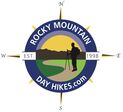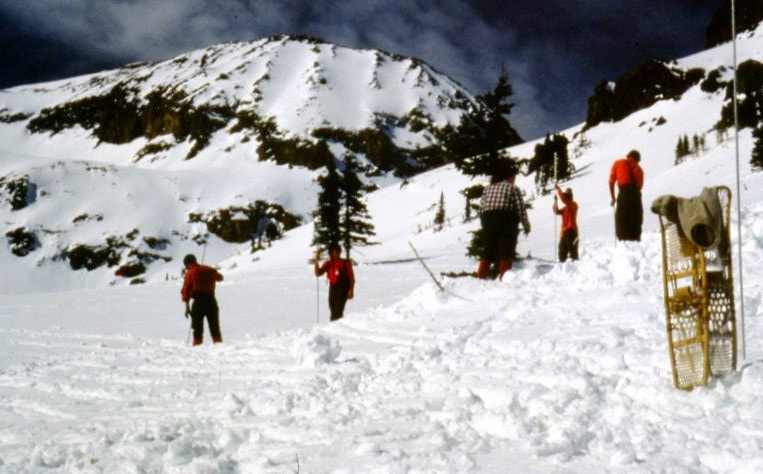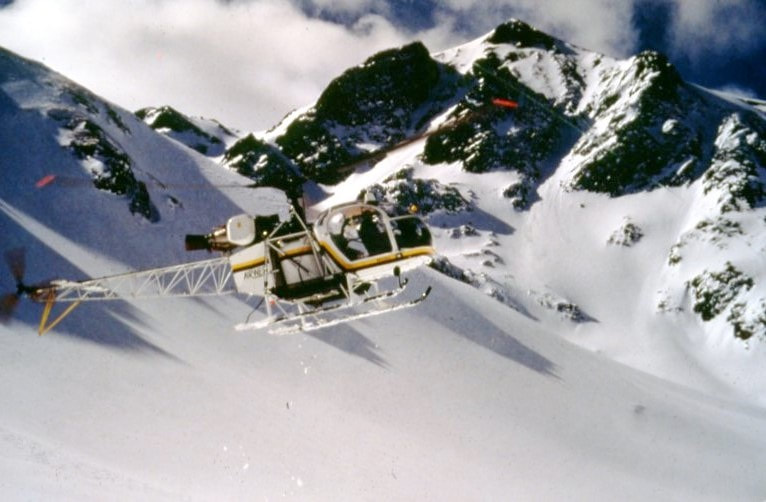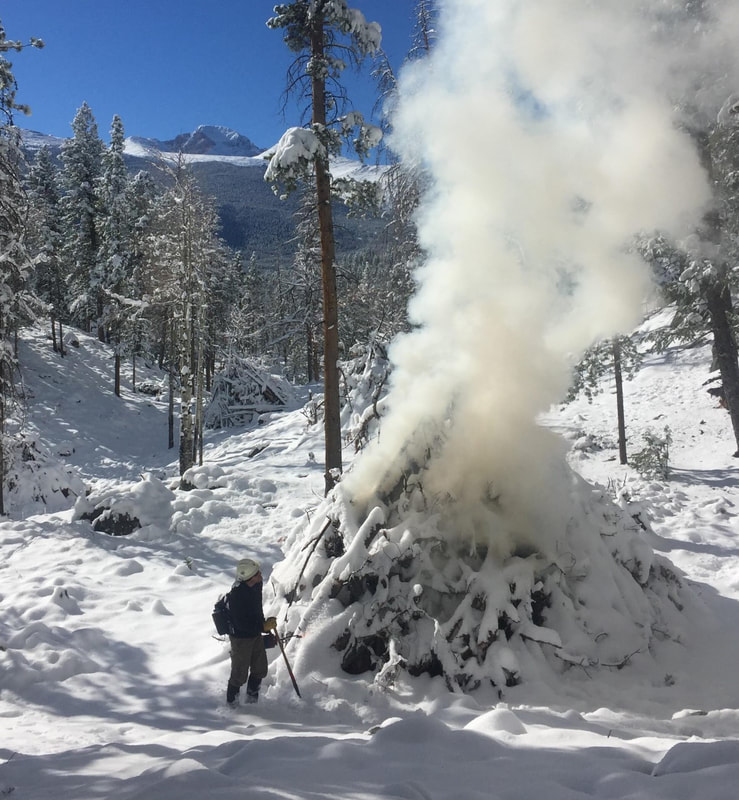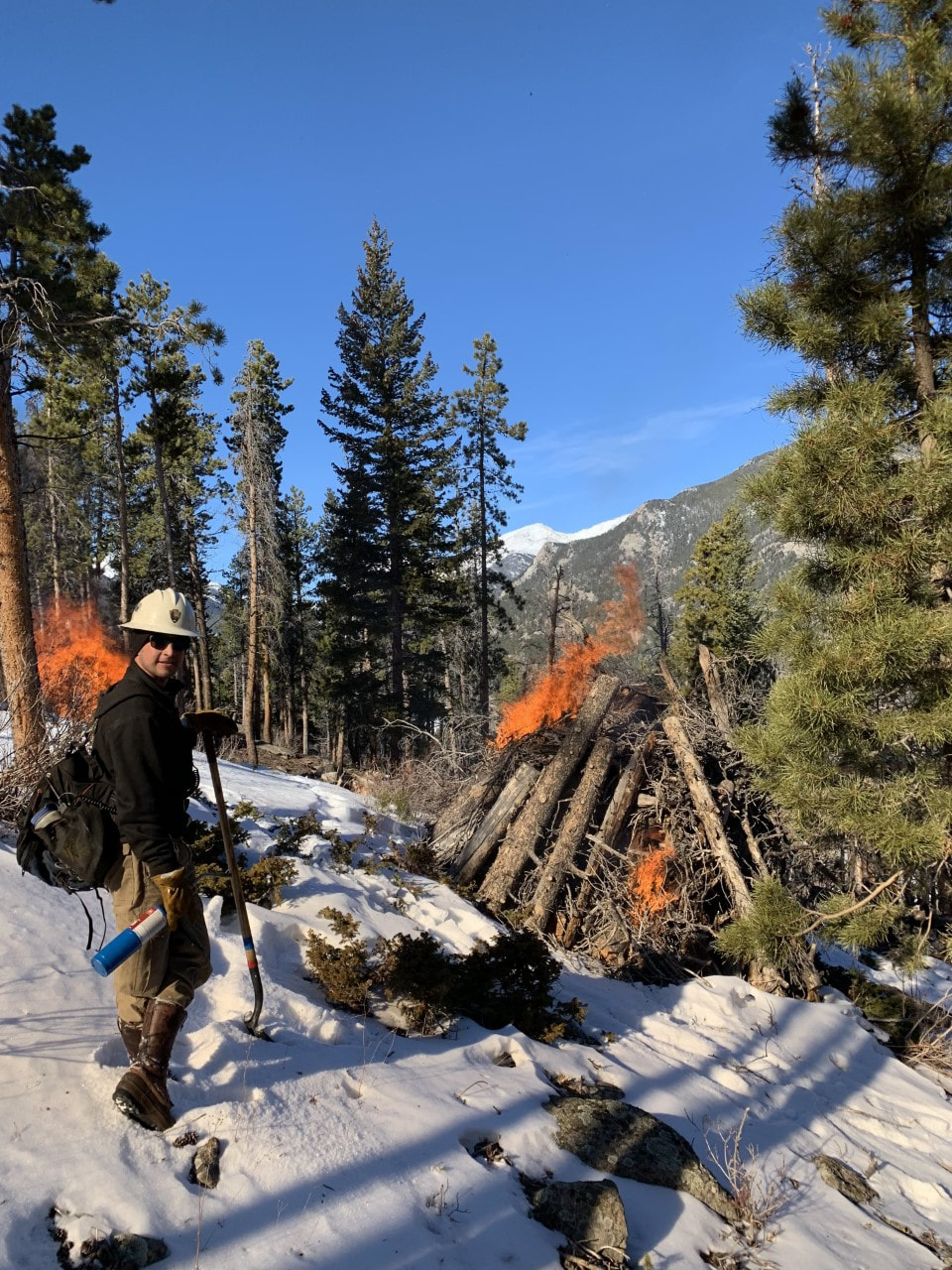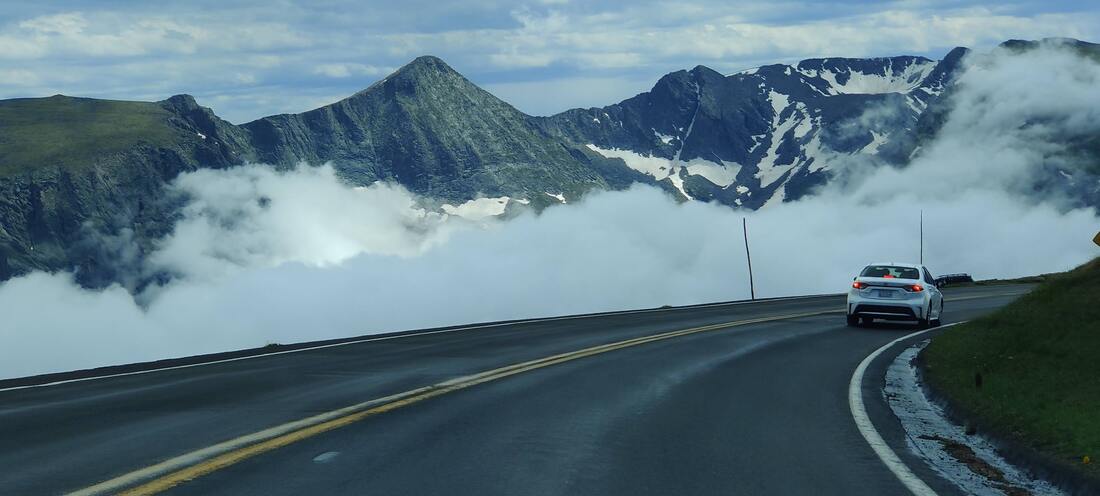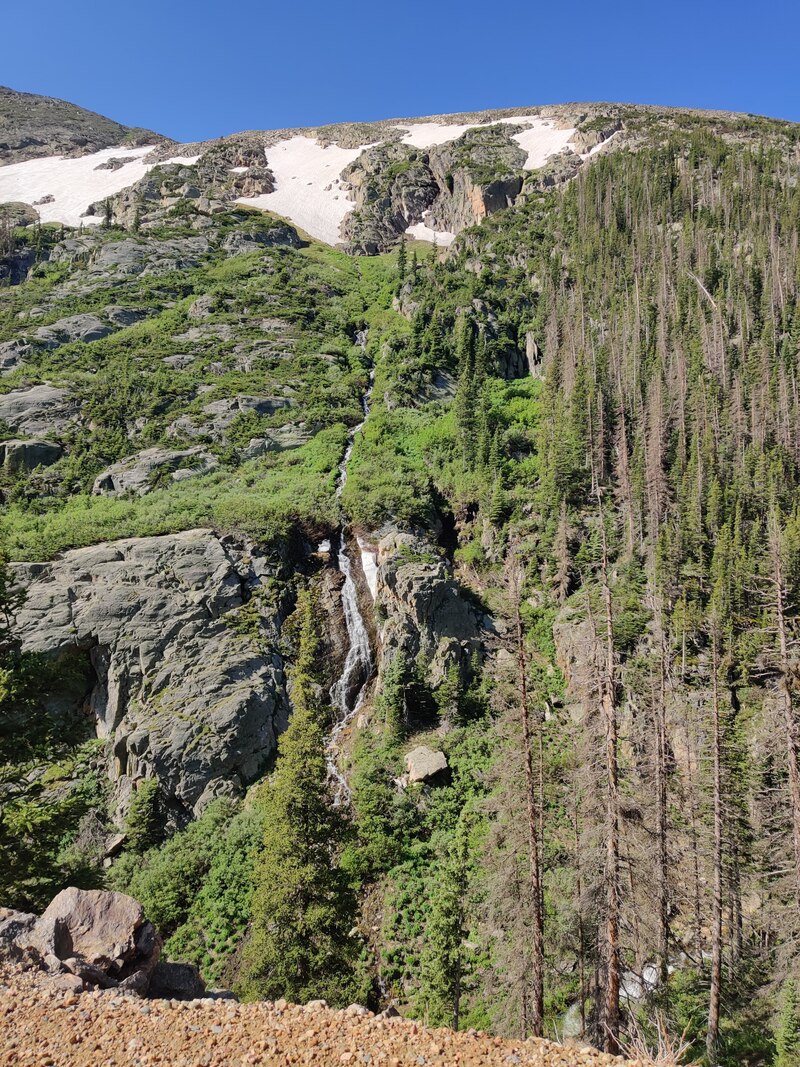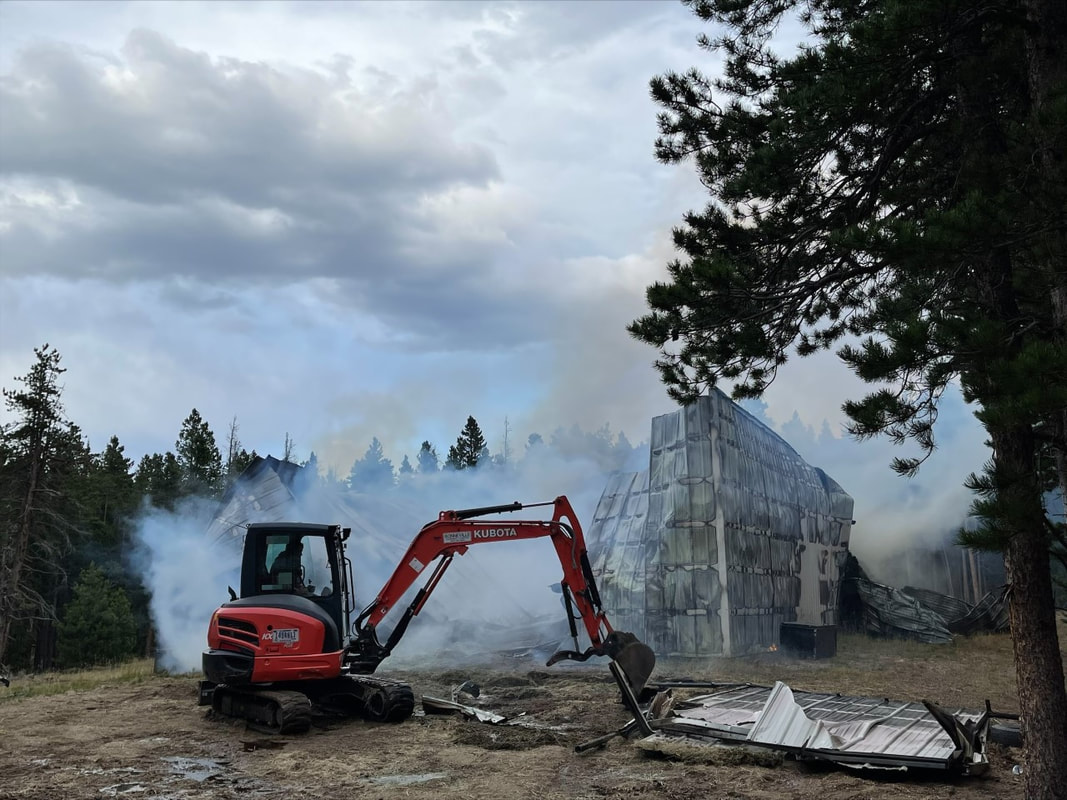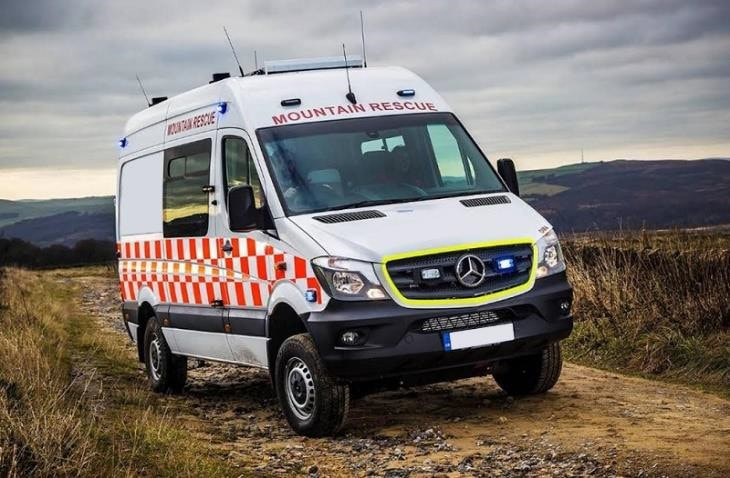|
Skeletal remains found on the west side of Rocky Mountain National Park are believed to be those of Rudi Moder, a 27-year-old man from West Germany, who disappeared in the park 38 years ago.
On February 13, 1983, Rudi Moder departed the Zimmerman Lake Trailhead on Colorado Highway 17 near Cameron Pass for a two-to-three-night ski mountaineering trip over Thunder Pass and into Rocky Mountain National Park. Moder, a West German living in Fort Collins, was described as an experienced winter mountaineer. On February 19, Rudi was reported overdue by his roommate. Search operations and further investigation were initiated, and search teams were in the field early on February 20, 1983. Over a foot of snow fell in the Never Summer Mountains on February 19, hampering search efforts in finding tracks and other clues. A food cache belonging to Moder was found at the mouth of Box Canyon, in the northwest corner of the park. A snow cave, with Moder’s sleeping bag and other gear and items, was found near the food cache. These were the only major clues discovered during the four-day extensive search. Because Rudi’s point last seen was outside of Rocky Mountain National Park at the Zimmerman Lake Trailhead, the extensive search efforts were coordinated with Larimer County Search and Rescue and Rocky Mountain National Park Search and Rescue Teams. Search efforts occurred mainly in the Box Canyon and Skeleton Gulch areas, including Mount Richthofen. This included ground searchers on skis and snowshoes as well as aerial search operations. Searchers, including an avalanche search dog and handler, also focused efforts in avalanche terrain. The extensive search efforts continued for four days and ended on February 23, however there were numerous search efforts by ground and air that occurred later that spring and summer. In mid-August of 2020, skeletal remains were discovered by a hiker in the Skeleton Gulch area, near avalanche debris. The area the remains were found were part of the initial search area. Rangers conducted an initial investigation at the scene but could not complete the investigation due to priorities shifting to the Cameron Peak Fire closing the area, followed by the East Troublesome Fire. Snow then covered this high elevation area above 11,000 feet. This summer, park rangers further searched the scene and found skis, poles and boots, along with remains of personal items believed to belong to Moder. The FBI Evidence Response Team assisted park rangers with the recovery of remains. The Grand County Coroner’s office attempted to confirm identification through dental records however, the results were inconclusive. Officials have worked extensively with the German government for repatriation, family notification and dental record analysis. In the decades following Moder’s disappearance, search efforts continued periodically by Rocky Mountain National Park staff and Larimer County Search and Rescue Teams. The discovery and recovery of Rudi Moder’s remains closes out a nearly four decade long cold case at Rocky Mountain National Park.
0 Comments
Rocky Mountain National Park Announces Winter Pile Burning Operations On Both Sides Of Park10/26/2021 RMNP UPDATE - October 26, 2021 Fire managers from Rocky Mountain National Park plan to take advantage of any upcoming wet or winter weather conditions to burn piles of slash generated from several fuels reduction projects and hazard tree removals. Slash from these projects has been cut and piled by park fire crews and contractors over the last two years and are now dry enough to burn.
When fighting the East Troublesome Fire in 2020, firefighters were able to take advantage of previous and existing prescribed fire and hazardous fuels treatment areas that provided a buffer between the fire and the town of Estes Park. Prior hazard fuels projects aided considerably in stopping the fire from jumping Bear Lake Road and Trail Ridge Road. Years of hazardous fuels reduction projects and bark beetle tree removal on the west side were instrumental in the successful burnout operations around the town of Grand Lake and helped minimize structure loss in the main park housing area. Pile burning operations will only begin when conditions allow. The piles are in a variety of locations including areas near the boundary of the park with Allenspark, near Lily Lake, west of Deer Mountain, near Moraine Park Campground, in the Willow Park area off Old Fall River Road and on the west side of the park. The fuels reduction projects are designed to reduce significant accumulations of forest fuels that can generate extreme or problematic fire behavior adjacent to wildland urban interface. By reducing the potential fire behavior the wildland fire risk to firefighters and the public is significantly reduced. However, these projects are not designed as a stand-alone defense against wildfires nor are they guaranteed to hold a wildfire in the worst of conditions. Please do your part and complete wildfire mitigation on your property. To learn more about wildfire mitigation around your home visit www.firewise.org Safety factors, weather conditions, air quality and other environmental regulations are continually monitored as a part of any fire management operation. Prescribed fire smoke may affect your health. For more information see https://www.colorado.gov/pacific/cdphe/wood-smoke-and-health. For questions about this project or information about Rocky Mountain National Park please call the park’s Information Office at (970) 586-1206 or visit www.nps.gov/romo RMNP UPDATE - October 25, 2021 Today, Monday, October 25, Trail Ridge Road in Rocky Mountain National Park officially closed for the season to through travel. Many popular driving destinations for this time of year including Bear Lake Road, Moraine Park, Horseshoe Park and the section of Trail Ridge Road along the Kawuneeche Valley, are all open.
Trail Ridge Road is not designed to be an all-season road, with 11 miles above 11,500 feet, few guard rails and no shoulders. Winter conditions of drifting snow, high winds and below- freezing temperatures occur above 10,000 feet. Weather permitting, Trail Ridge Road will remain open to Rainbow Curve on the east side of the park and to Milner Pass on the west side of the park. Eventually, those closures will move down in elevation for the winter season to Many Parks Curve on the east side and Colorado River Trailhead on the west side. Trail Ridge Road normally opens the last week in May, weather permitting. This year Trail Ridge Road opened on May 29. Old Fall River Road closed for the season to vehicles on October 4. Trail Ridge Road and Old Fall River Road will remain open to bicycles and leashed pets through November 30. Leashed pets and bicycles are only allowed on the road, not on side trails. On December 1, both of these roads will revert to "winter trail status" which means that bicycles and leashed pets are no longer permitted beyond the closed gates but pedestrians, snowshoers and skiers are. For more information about Rocky Mountain National Park, please visit www.nps.gov/romo or call the park’s Information Office at (970) 586-1206. RMNP Update - October 4, 2021 Old Fall River Road closed for the season to vehicles today, Monday, October 4. The road will be closed to all uses through Friday, October 8, for park staff to conduct road maintenance and culvert replacement. Old Fall River Road will reopen temporarily to bicycles, leashed pets and walkers for Saturday October 9, through Monday, October 11. Starting, Tuesday, October 12, Old Fall River Road will close again to all uses for continued road maintenance through Friday, October 15. On Saturday, October 16, the road will reopen to bicycles, leashed pets and walkers through November 30. Leashed pets and bicycles are only allowed on the road, not on side trails. On December 1, the road will revert to trail status and bicycles and leashed pets will not be allowed on the road.
For more information about Rocky Mountain National Park please visit www.nps.gov/romo or call the park’s Information Office at (970) 586-1206. RMNP Updates - September 30, 2021 9/28/21, 5:01 p.m.: Due to ice and snow accumulation near Rock Cut (elevation 12,110 feet) on Trail Ridge Road, park rangers are beginning to close Trail Ridge Road and Old Fall River Road. Closures on Trail Ridge Road will be Many Parks Curve on the east side of the park and Colorado River Trailhead on the west side of the park.
9/30/21, 12:25 p.m: Trail Ridge Road and Old Fall River Road have reopened. Due to the weather forecast the next few days, travelers should plan ahead and be aware that road status may change. Trail Ridge Road recorded status line 970-586-1222 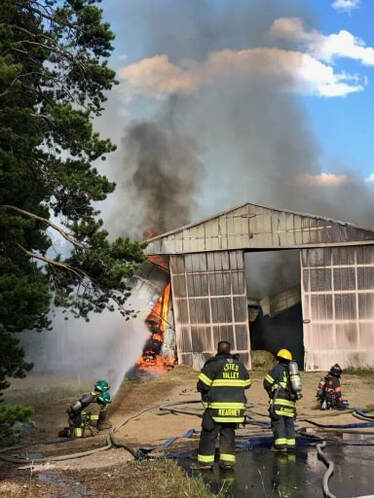 Fire at Glacier Creek Stables Courtesy Rocky Mountain National Park Fire at Glacier Creek Stables Courtesy Rocky Mountain National Park RMNP UPDATES - 9:39 pm, 9/18/21 Late this afternoon a structural fire was reported at the Glacier Creek Stables in Rocky Mountain National Park near Sprague Lake. Park rangers and interagency firefighting resources arrived on scene to find a large two-story metal hay barn burning. As structural firefighting resources battled the fire in the barn, park wildland fire resources laid hose downwind to help prevent a wildland fire in case embers were blown into the surrounding vegetation. Previous thinning and fire mitigation efforts have taken place in this area. The metal building kept the fire contained and lessened the likelihood of the fire spreading to the surrounding wildland area. Thousands of gallons of water have been used. As the hay and building continued to burn, excavators have pulled the building down to assist in extinguishing the fire. Crews are actively turning over debris and dousing flames. Bear Lake Road inbound traffic was temporarily closed for approximately three hours for emergency vehicle traffic. Bear Lake Road reopened at 7 p.m. but the access road to Sprague Lake remains closed. Interagency resources from Estes Valley Fire Protection District, Allenspark Fire Protection District, Loveland Fire Rescue Authority, Glen Haven Area Volunteer Fire Department, Pinewood Springs Fire Protection District, US Forest Service and Big Elk Meadows Volunteer Fire Department were involved with the firefighting efforts. There were no personal injuries and no horses were harmed. The cause of the fire is under investigation. -NPS- RMNP UPDATE - 7:04 pm, Sept. 18, 2021 Bear Lake Road has reopened but the road into Sprague Lake remains closed. We will be releasing more information pertaining to the structure fire later this evening.
- Kyle Kyle Patterson Management Specialist/Public Affairs Officer Rocky Mountain National Park (970) 586-1363 www.nps.gov/romo www.facebook.com/RockyNPS Structure fire at Glacier Creek Stables - Bear Lake Road currently closed for inbound traffic9/18/2021 RMNP UPDATE - 4:42 PM, September 18, 2021 At approximately 3 p.m. today, Saturday, September 18, a structure fire was reported at the Glacier Creek Stables near Bear Lake Road. The fire is currently limited to one structure in the Glacier Creek Stables area. Fire units are on scene working on the structure.
Bear Lake Road is currently closed for inbound traffic due to emergency vehicle traffic. More information will be released when it is available. 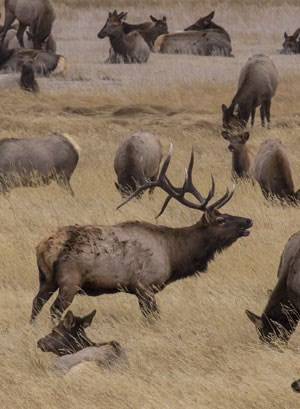 NPS photo/Schonlau NPS photo/Schonlau RMNP UPDATE, August 31, 2021 Beginning on September 1, park officials will put annual closures in place for travel on foot or horse off established roadways or designated trails from 5 p.m. to 10 a.m. In 2020, the closure time extended from 7 a.m. to 10 a.m. due to a significant increase in visitors approaching elk in previous years, when the morning meadow closures lifted. These closures last through October 31 and are effective in Horseshoe Park, Upper Beaver Meadows, Moraine Park, Harbison Meadow and Holzwarth Meadow in Rocky Mountain National Park. Fishing in the Fall River, Thompson River or Colorado River within the posted areas remain the same as previous years and are closed from 5 p.m. to 7 a.m. The purpose of the closures is to prevent disturbance and harassment of elk during their fall mating period and to enhance visitor elk viewing opportunities. As always, elk calling and the use of spotlights or vehicle headlights for spotting wildlife is prohibited in Rocky Mountain National Park. Rocky Mountain Conservancy Asks Community to Help Fund New Search and Rescue Vehicle for Rocky8/24/2021 RMNP UPDATE - August 24, 2021
New tactical vehicle to replace aging SAR response vehicle The Rocky Mountain Conservancy (RMC) is seeking support to fund a new Search and Rescue (SAR) vehicle for the Rocky Mountain National Park SAR Team. The team currently uses an aging ambulance as its primary vehicle. Built in 1993, the former ambulance has more than 120K miles on it and has become less reliable over its lifespan. This vehicle is also not fuel efficient, nor does it utilize modern technology. With the high number of SAR incidents at Rocky, this vehicle is no longer able to reliably respond. On average, Rocky’s Search and Rescue Team responds to 160-175 incidents each year – the third highest compared to other national parks. These incidents include a full range of rescues, from broken ankles and heat exhaustion to technical rope rescues and swift-water recoveries, and even large-scale multi-day searches. Some rescues also involve helicopter extractions that require a reliable support vehicle to make the rescue possible. Since RMNP has one of the largest highest SAR incident rates in the national park system, the SAR vehicle has become one of the most critical pieces of SAR equipment. It is a mobile platform that is outfitted with all equipment necessary for various rescues. Today, the Conservancy is seeking support to provide the SAR Team with a new 4x4 ‘mobile command vehicle for critical life-saving emergencies, and for managing complex rescue operations within the park. The Conservancy’s fundraising goal for the project is $75,000 which would cover the cost of the base vehicle, conversion build, outfitting and markings. Anyone who would like more information on the project is asked to contact the Conservancy’s Philanthropy Director, Michael Allen, at (720) 845-5690. The Conservancy has set up a secure fundraising webpage for this project at: www.RMConservancy.org. It also recently published a guest article by SAR recipient and now volunteer, Bob Jamieson, at https://rmconservancy.org/a- search-and-rescue-success-story/ to give more context to the need for this support. |
RMNP UpdatesPress Releases from Rocky Mountain National Park and the Rocky Mountain Conservancy.
Archives
September 2025
|
rmnp updates
© Copyright 2025 Barefoot Publications, All Rights Reserved
